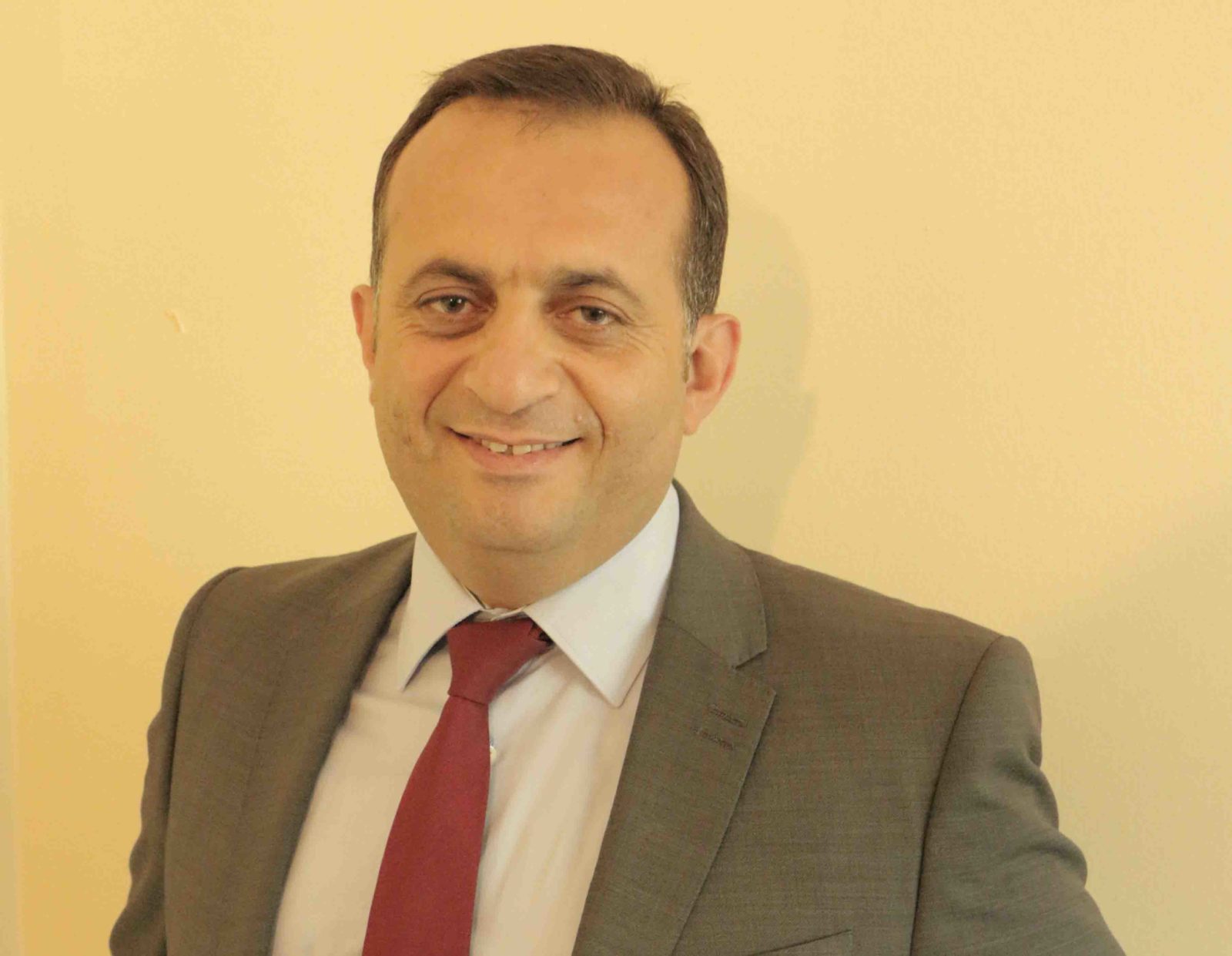Defending Independent Voices
Growing up in Soviet Azerbaijan, Zohrab Ismayil learned first-hand how people barely benefited from the country’s natural resource wealth.
Witnessing this inequality prompted Zohrab to join the fight for his country’s independence, which came in 1991 with the end of the Soviet Union.
Zohrab became a journalist at the newspaper Liberty (Azadliq) in 1993, investigating issues relating to oil and gas corruption. By the end of the 1990s however, the government, which had been growing more authoritarian, started attacking the media. To continue influencing government policies, he left journalism and founded a nongovernmental organization, Public Association for Assistance to Free Economy (PAAFE), in 2004 with a few colleagues.
The group was dedicated to promoting sustainable economic development and greater citizen participation. It worked on such issues as budgets and property rights, focusing on the need for transparency and accountability. In 2005. It joined the local coalition working to support the Extractive Industries Transparency Initiative, an international group that promotes transparency of natural resources revenue and public awareness in how governments manage their natural resources. The government was also growing uneasy about unwanted scrutiny and criticisms about how it had wasted oil revenues and failed to diversify the economy. This contributed to restrictions on nongovernmental groups over the years.
After 2012, organizing awareness-raising events became a significant challenge for many independent groups because of the government crackdown. Then early in 2014 the government tried to eliminate independent organizations through even more restrictive legislation, hostile media smear campaigns, and prosecutions against groups and their leaders.
In July 2014, the authorities seized Zohrab’s personal bank account and the organization’s.
Soon thereafter, Zohrab was called in by the prosecutor’s office as a witness in a criminal case against an international organization that funded many local groups. He went in without a lawyer, only to find out that the interrogation was directed at him and his organization. Feeling unsafe, he left the country in August 2014.
His hope to return quickly vanished when the police interrogated his nephew, and his lawyer told him a detention order had been issued for him. Since then, Zohrab has lived in exile, as has his wife, Aynura Heydarova, a former journalist at Meydan TV, an alternative media outlet that is also a government target. His wife is still under a travel ban and subject to a criminal investigation, and the government refuses to confirm in writing whether the investigation has been dropped.
His organization still struggles to operate. Its bank accounts were released in April, but it was hit with a huge fine on the grounds that it had improperly registered its grant agreements. The Justice Ministry also refused to process the paperwork to approve extension of its grant registrations.
But Zohrab is determined to continue his work from abroad. He says that Western countries should not be fooled by the skillful “imitation” game that the government of Azerbaijan plays when it presents half-hearted measures as true change.
Recommendations
The Azerbaijan government should:
- Remove legal and bureaucratic hurdles that undermine freedom of expression, assembly and association.
- Allow civil society organisations to access and use their financial resources freely, including those provided from abroad and quash tax penalties imposed on nongovernmental organizations.
- Allow civil society organisations to hold training sessions, meetings and events related to natural resource governance, in the capital and in the regions.











